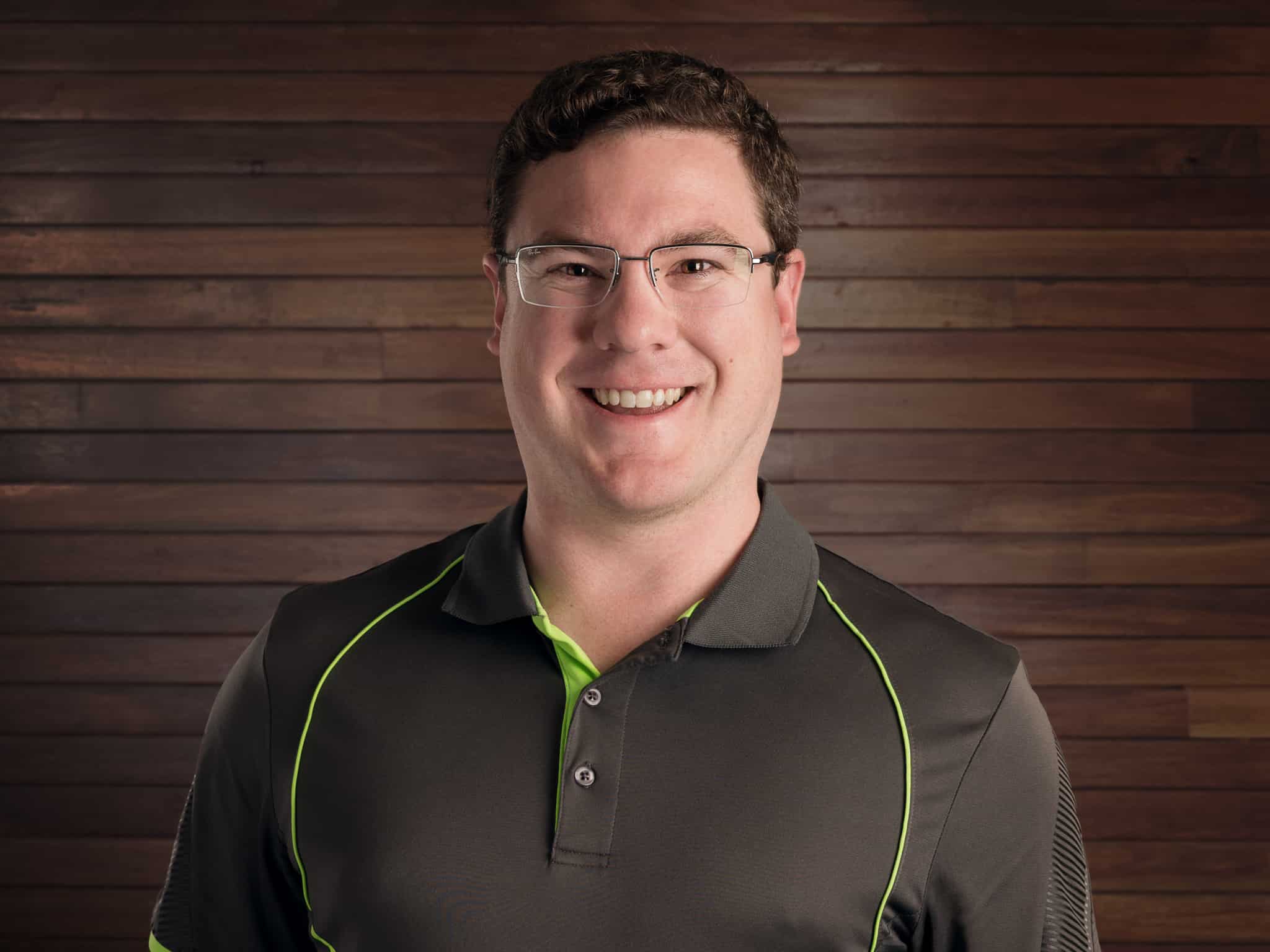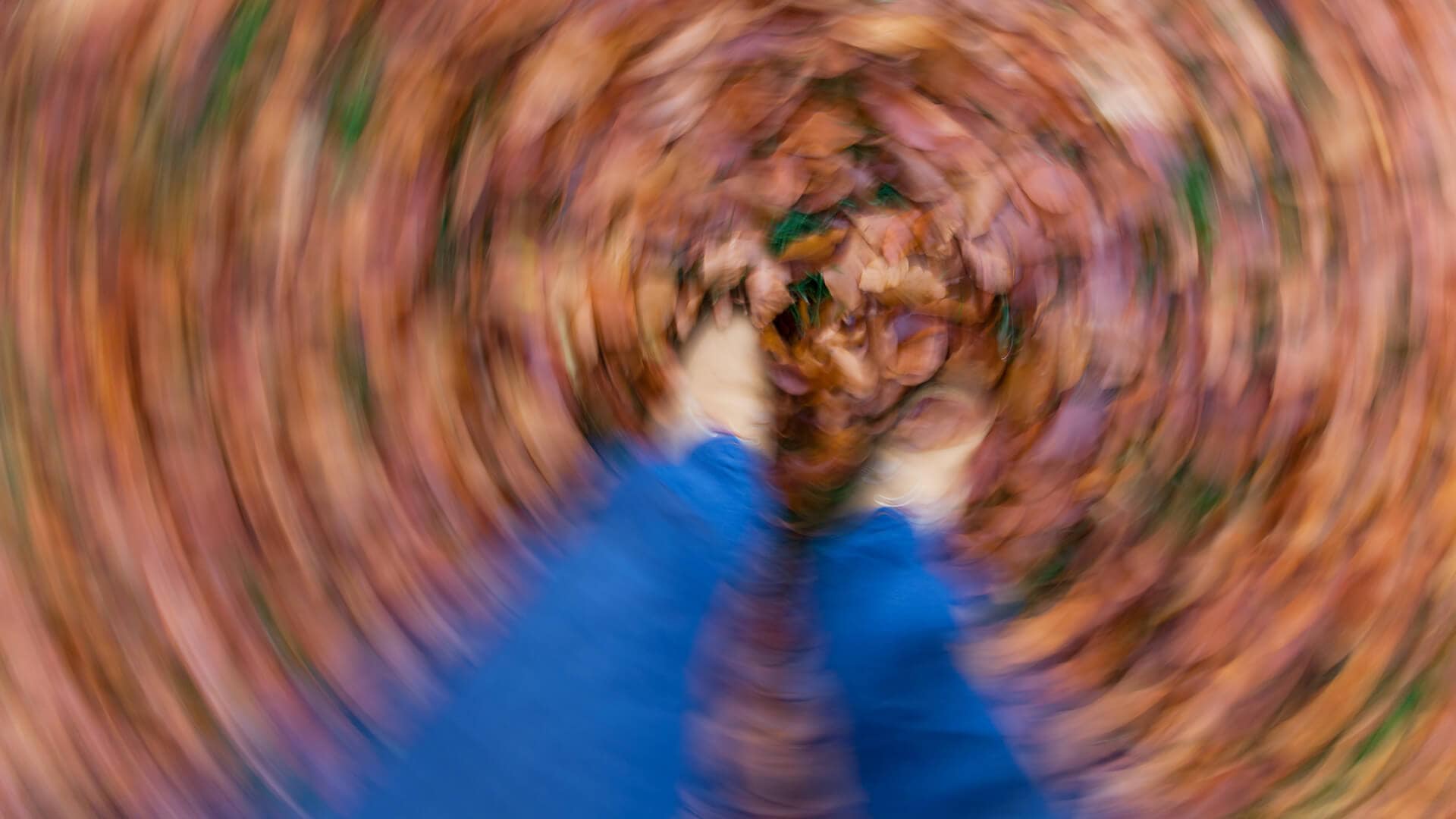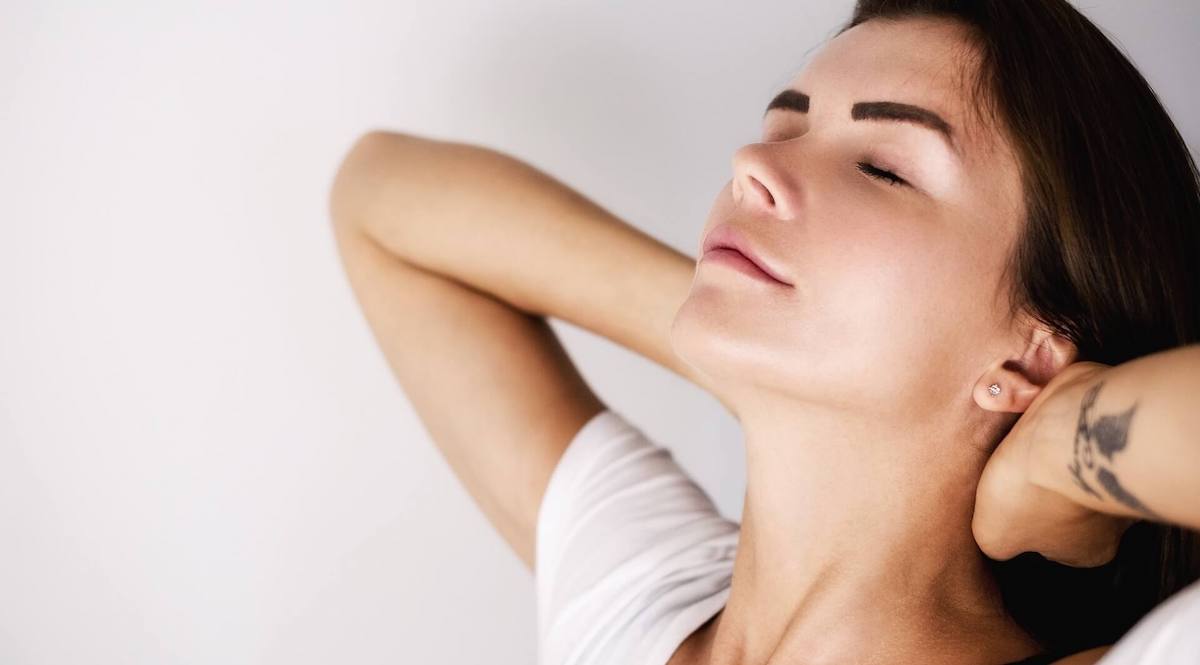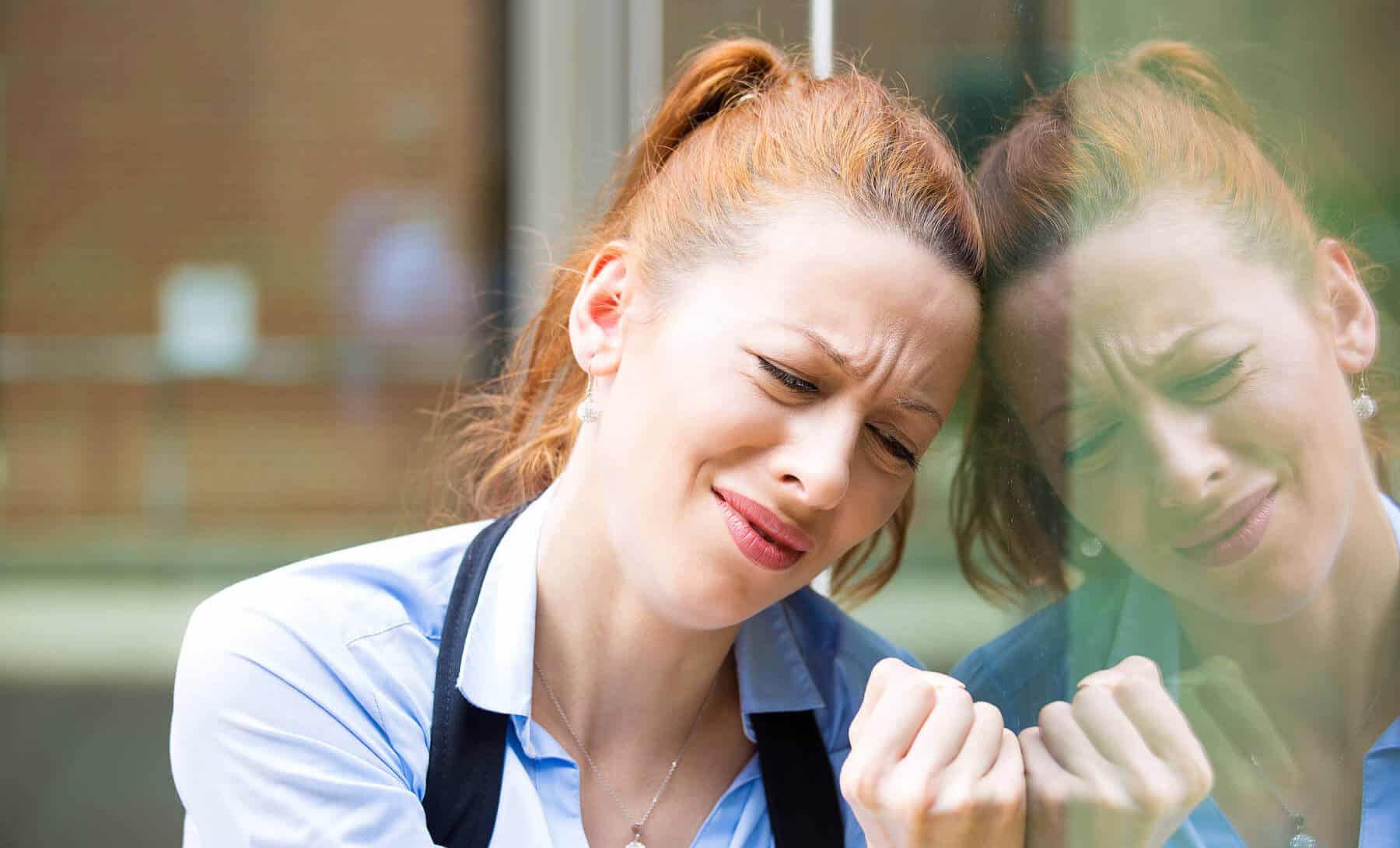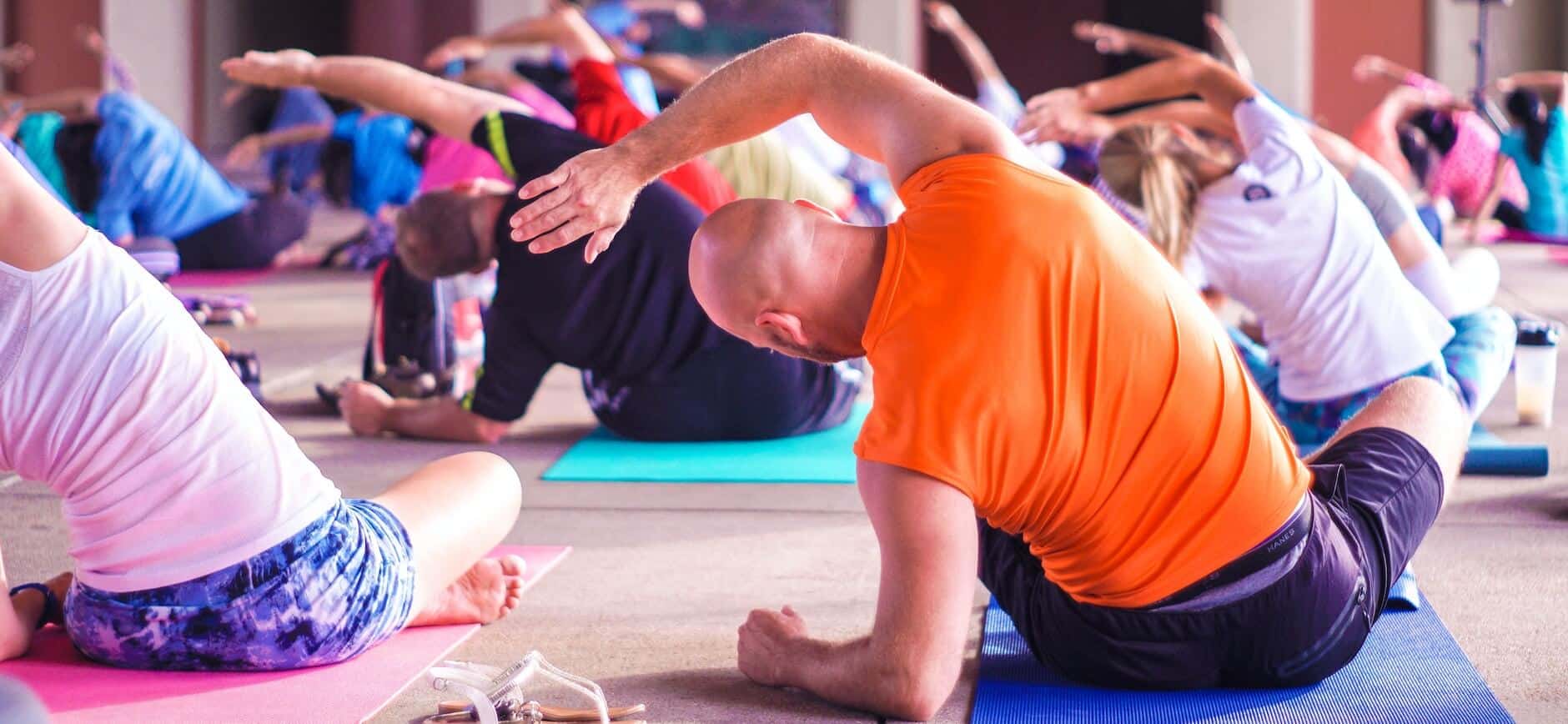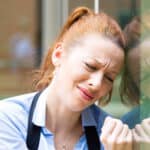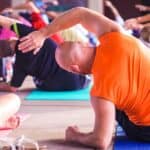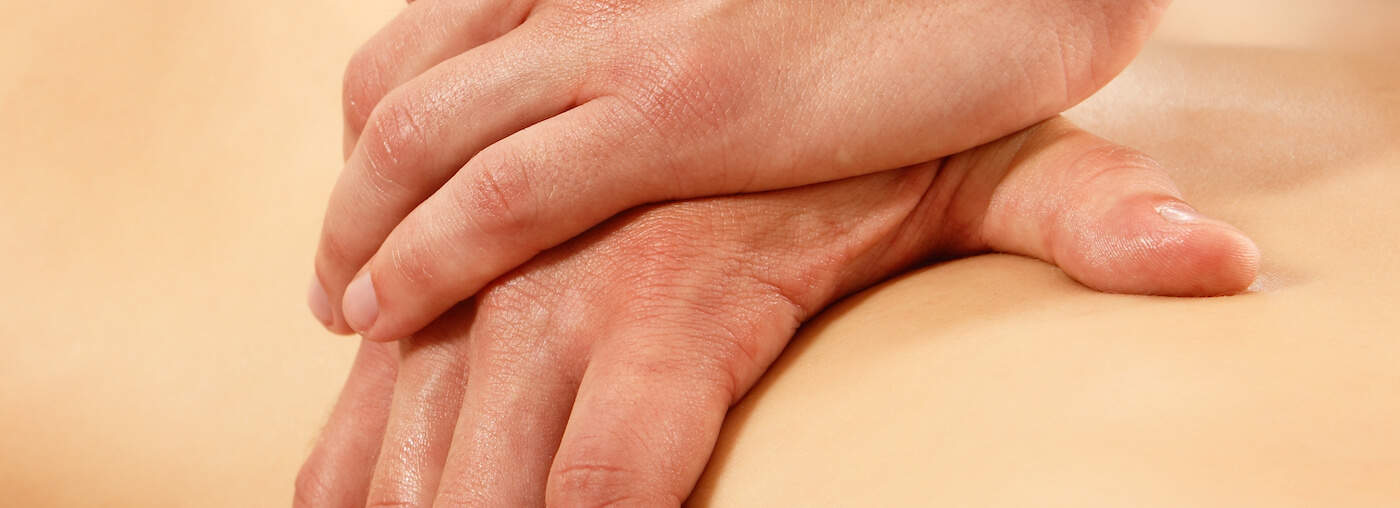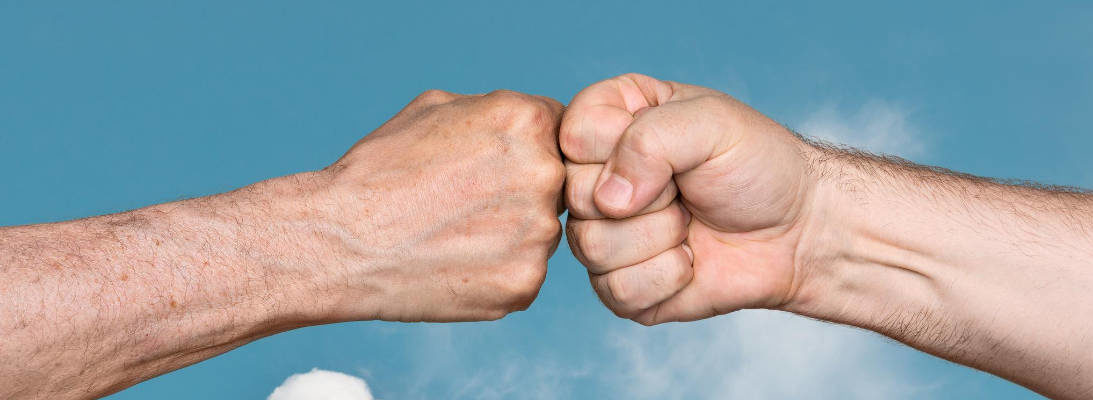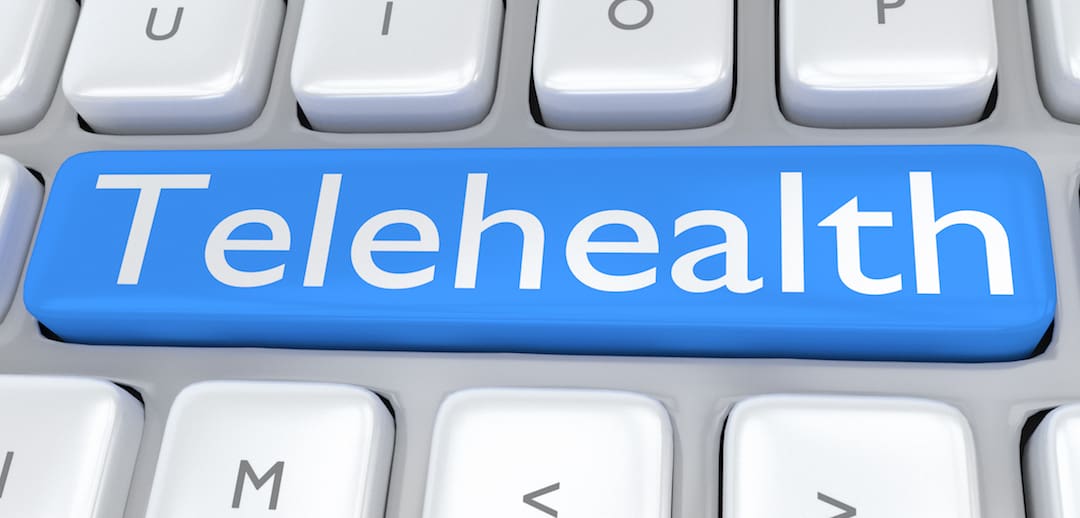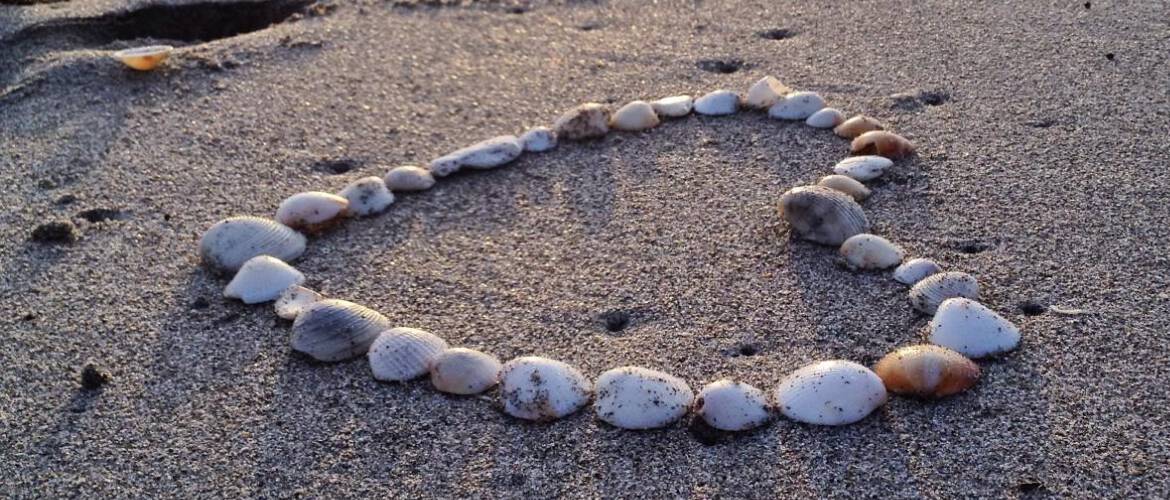Matthew Robinson is our fabulous Remedial Massage Therapist. We wrote this blog together to answer an important question that many people ask, which is ‘why do you have to drink water after a massage?’
Often this has a dodgy answer that we were keen to correct, at the risk of ruffling a few feathers!
The short version
Anything the body can get rid of it will, with or without massage, and with or without any extra water.
See the YouTube video at the bottom of this post for a great summary presented in a great accent.
The Question
If you’ve had a massage, you have probably been advised to drink plenty of water afterwards. Have you been given the reason?
The usual explanation is something to do with ‘purging toxins’ or ‘flushing toxins’ or something else to do with toxins…
It sounds all ‘sciencey’ and vaguely plausible. But does water really ‘flush out toxins’ after your massage? In fact, does your massage produce or release ‘toxins’?
This idea has become accepted as fact just because it has been repeated so much. And repeated with so much authority!
See the statement below for an example:

Now, where do we start …
There are three questions to answer:
- What toxins are we talking about?
- Does massage produce toxins or release toxins?
- Does water help to flush out stuff?
So let’s dive into the whole massage / toxins / ‘detox’ mess…
1. What ‘toxins’ are we talking about?
Let’s try to narrow down what we mean when we say toxins.
Are we talking about poisons and pollutants?
In fact if you want to get technical, toxins are poisons produced by living things, eg venoms. Is that what we mean?
Or are we talking more broadly about pollutants? Lead poisoining? Roundup? Air pollution? Aspartame? Alcohol? Or caffeine? Or cigarette smoke?
Or are we talking about metabolic waste?
The body creates its own waste products, which are the normal byproducts of its cellular processes. These byproducts are produced and dealt with by the body every day including public holidays.
To say these substances are toxins is a stretch, however they can become toxic is if they are in abnormal concentrations. Even water can be a toxic if you drink too much!
And remember, your body has to deal with its waste whether or not you have a massage.
Metabolic by-products aren’t just nasty substances that just hang around, stuck in tissues waiting to be flushed away. We’d be in all kinds of strife if we had this kind of system and no access to a daily massage.
Here’s how the body deals with toxins, poisons and pollutants
The body deals with undesirable molecules in a few ways. It gets rid of some (excretion via urine or faeces), recycles some into some other bodily process and ‘sequesters’ some (ie traps them in relatively safe places in the body like adipose tissue).
There are some substances that can’t be safely handled at all by the body (think about metals like lead).
For the substances that are recycled, they have a use in another bodily process. They are needed by the body for something else. You want them to go through their normal cycle and be processed and reprocessed. Very efficient.
[As an aside, some ‘detox’ treatments suggest sweating it out as a way of eliminating toxins. However, sweating is mainly secretory process, not excretory. Or in the words of Paul Ingraham, ‘sweating is about cooling, not taking out the trash’.]
The lungs
One important form of metabolic waste is carbon dioxide.
It is processed very efficiently because we can’t tolerate too much of it – it really is a toxin in too much concentration because too much of it makes us acidic.
The lungs are tasked with removing most of this, so water isn’t involved with ‘flushing’ or excreting this ‘toxin’.
Just drinking your enchanted crystal clear water from the streams of Mt Lofty won’t help you much if you don’t breathe in between scolling bottles of it.
The liver and kidneys
The body deals with the other metabolic wastes using your organs. The kidneys and liver are the main detoxifiers in the human body. They process, transform, disarm and excrete.
And they do this without requiring extra water. As long as your water intake is reasonable, they just march on.
The lymphatic system
Massage also can stimulate the lymphatic system, part of the body’s immune system. If there is a problem with lymphatic drainage, you get severe swelling but you don’t get ‘toxicity’.
Part of the function of the lymphatic system is filtration of the lymph though nodules of immune cells and therefore signalling of the immune system. It’s main job isn’t waste removal, at least not like the liver.
Excreting excess fluid from the effect on the lymphatic system can result in very mild dehydration of the body, which drinking water will assist. Is it going to produce/release toxins or flush out bad stuff? No
2. Does massage produce toxins / release toxins?
Massage makes no difference to the substances that the body naturally recycles and reprocesses. It is going to happen regardless.
In regards to the substances that are sequestered by the body, the suggestion that massage can somehow release something that is trapped in body fat, or squeeze them out of cells and then excrete them is fanciful.
I would love to see some good evidence to accept this as a possibility!
Then there is the discussion of metabolic waste.
If you have been told that lactic acid can be ‘flushed out’ by massage, you are about to be disappointed. A study in 2012* found that massage therapy had no effect on muscle lactate levels.
Anyway, it appears that lactic acid isn’t the cause of muscle pain after exercise except immediately after intense exercise, and maybe not even then. The burn that you feel with intense exercise is probably related to calcium physiology rather than lactic acid. But that’s another story.
And lactic acid isn’t a waste product, it is a useful metabolite. But that is another story too.
3. Does drinking water flush stuff out?
How is drinking water meant to help anyway?
Ingraham makes that point that the circulatory system isn’t just a simple set of tubes that you can flush out like you flush out your car radiator.
Fluid balance and fluid volume stays reasonably stable regardless of whether you drink a little less or a little more.
It is part of this whole idea of homeostasis where the body does an extraordinary job of keeping things like the concentration of various substances, acidity, oxygenation and pressures in the body within a reasonable range.
Drinking more water that you don’t need doesn’t just get added into your bloodstream like an oil change.
Your bowel will absorb it and you will pass it instead.
It might help to flush out a kidney stone though.
Summary – your built-in detox system is really good!
As long as our organs are functioning properly, they will ‘detoxify’ the body at their own pace.
Not drinking water won’t render the massage ineffective.
Nor will it make the massage twice as effective if you do drink water.
Perhaps you may feel a little thirsty after massage. That’s OK, have a drink.
And a lot of us could drink a little more water in our day to day lives.
Drinking some water won’t hurt (unless you are on a fluid restriction with kidney disease, but that’s another story).
Here is the conclusion from a fairly in depth summary on this topic by Paul Ingraham:
‘It’s certainly nice to offer patients some water after massage, to quench whatever thirst they may have.
But it is not medically important for any specific biological reason, and it perpetuates several minor myths we would be better off without.
Massage doesn’t really “detoxify.” Water doesn’t detoxify. And lactic acid is a useful metabolite, not a waste product.
Adequate hydration is easy and mild dehydration is not a health risk.’
So if your massage therapist says that you need to drink water after your massage, don’t be afraid to ask why.
It would be interesting to hear their justification and where they got this information from.
Ask them which toxins they are talking about, how they normally get dealt with in the body, and how massage or water speeds up or increases the effectiveness of the normal waste processing that we have inbuilt.
And keep your BS detector turned up to 11.
‘Let’s have a lil’ chat about toxins’

*Crane JD, Ogborn DI, Cupido C Massage Therapy attenuates inflammatory signalling after exercise-induced muscle damage. Sci Transl Med. 2012 Feb: 4(119):119ra13.
Credit to Paul Ingraham at PainScience.com for an excellent review called ‘Why Drink Water After Massage?’
